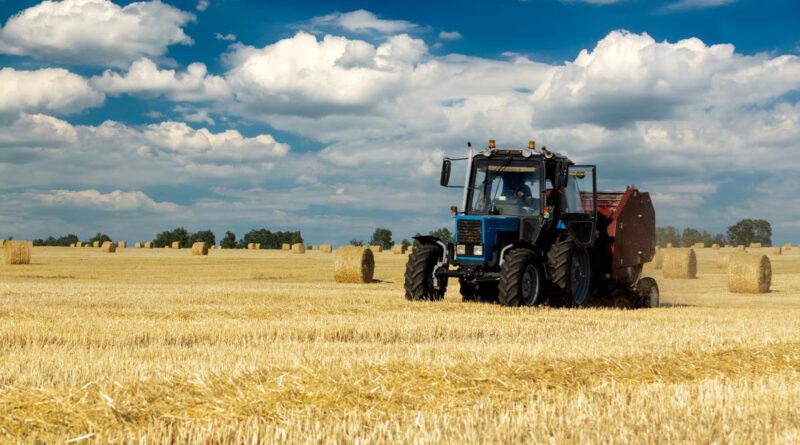How the ‘tractor tax’ has become a problem for Rachel Reeves
Rachel Reeves is caught up in a strange word that threatens to unravel part of his Budget: “tractor tax”.
It is the kind of phrase that can easily enter the public mind, especially when it is associated with words like “cruelty” and “hate”.
Why is the chancellor reaping all of a sudden? Well, he doesn’t do that directly; that is when they are given a heavy tax.
If you have a substantial investment portfolio to pass on – or even a modest house in London or South East England – a bequest to anyone other than your spouse or domestic partner will be subject to inheritance tax (IHT). at 40 per cent, above the £325,000 limit. However, the transfer of agricultural land and property was not taxed at all; this can include stud farms, a farmhouse, or even the housing of retired farm workers. The same aid covered commercial property and assets such as buildings, unlisted parts, machinery and so on.
In the spreadsheet, this seemed odd. Beneficiaries from a prudent investor’s will may be able to pay large sums while wealthy farmers may pay nothing.
After the Budget, that changes. Farms are still a good asset to leave. But any inheritance of zero-rated assets above £1m will now attract inheritance tax of 20 per cent. It is the first time family farms have faced such a tax.
The money raised by this charge is likely to be very small, compared to the billions that will flow to the Exchequer from the parties to fund employers’ national insurance. Which is employment tax. And the tax on working people will feel it by reducing the minimum wages.
So is the number of people affected. But more people are worried about inheritance tax than ever before and it’s always the little things that cause big problems for chancellors and their Valuers.
The response to the IHT changes is an example. It was a rage. Sir James Dyson – who is becoming a British mini-Musk – says this will lead to the “death of business”. Reeves will “destroy” his family’s businesses with his “passionately ignorant approach”, he says.
However, the change to IHT relief will not prevent traders from finding new ways to make money.
Mr James may care to point out that it is possible that this Budget tax hike would not have been necessary if the economy had not lost £140bn as a result of Brexit which he strongly supported. (That figure comes from Cambridge Economics and was published in a study commissioned by the mayor of London earlier this year; it’s probably even higher now.)
But Reeves’ problem is that IHT is terribly unpopular, despite the small number of estates (less than one in 20, Pre-Budget) having to pay it. Parents strongly object to their children paying property tax that the Exchequer has already taken a share of. A YouGov poll found that “double taxation” was cited by the largest number of those who thought taxation was unfair. And the vast majority of people feel that it is deeply unfair. About 56 percent of respondents to its survey on the issue (by 2023) favored abolishing it entirely.
Having identified a £22bn black hole in the British public purse, Reeves had no choice but to raise taxes, before considering the deteriorating public services. They need a lot of investment.
But with the “tractor tax”, he has proved a bad political head for himself and for the new government which has proved to be incredibly flawed.
This measure turns out to be more trouble than it’s worth in terms of the money it will raise. Sometimes chancellors have to look beyond the spreadsheet.
#tractor #tax #problem #Rachel #Reeves
